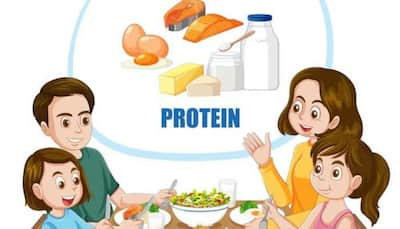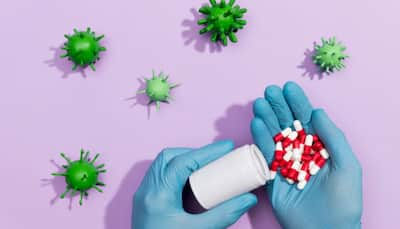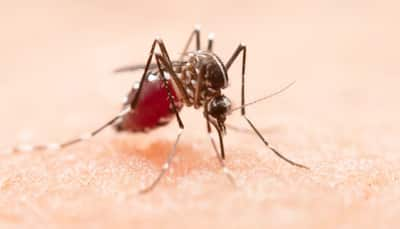Protein, an essential nutrient, plays a vital role in fulfilling various functions within the body. The reason why our bodies need protein is because it is crucial to our growth and cellular repair. Protein is critical for the health of our body tissues, including muscles, skin, hair and nails. It’s particularly important during periods of rapid growth, such as childhood, adolescence, and during pregnancy.
Lack of protein in a child’s diet can have significant consequences, particularly for muscle development. Unlike in adulthood where muscle maintenance is the primary concern, childhood is a period of active muscle growth. Without sufficient protein, muscle development can be impaired, leading to weakness, fatigue and delayed physical growth.
Children need to eat nutritious food and protein should be an important component of every meal. Children usually are inclined towards foods that excite their taste buds, which is found in fast and processed foods. The best way to make your child eat nutritious food is by mixing regular food items with tasty, yet healthy foods to find that balance between taste and nutrition. A nutritious diet is essential for proper growth and development.
How much protein do children need? It actually depends on a child’s body and age. Protein is a key element in muscle building and cannot be ignored. Since protein is an important nutrient for growth, it is necessary to ensure that your child’s ideal protein requirements are met every day.
Let’s learn some essential facts about protein, and protein-rich foods that you can give to your little ones on a daily basis without any hassle.
Proteins are used to make antibodies, which are essential components of the immune system. Antibodies help your body fight off infections and diseases by recognising and responding to specific antigens.
Some hormones, such as insulin and growth hormone, are proteins. These hormones play key roles in regulating various bodily functions, including blood sugar levels and growth.
Many enzymes are proteins. Enzymes speed up chemical reactions in the body, allowing essential processes to occur, such as digestion and energy production.
Proteins such as collagen provide structure and support in tissues and organs. Keratin is another structural protein found in hair, nails, and the outer layer of skin.
Certain proteins help transport substances around the body. For example, haemoglobin, a protein in red blood cells, carries oxygen from the lungs to the body’s tissues.
Although the body primarily uses carbohydrates and fats for energy, it can use protein as an energy source if necessary. Each gram of protein provides about four calories of energy.
in Children as shared by Dr. Nehal Shah Consultant- Paediatric Medicine, Narayana Health SRCC Children’s Hospital, Mumbai.
Insufficient protein intake can hinder proper growth and development, leading to shorter height and lower weight than expected for age.
Protein is essential for immune function. A deficiency may result in a weakened immune system, causing frequent colds and infections.
Since protein is vital for muscle development, a deficiency can lead to weak muscles and persistent tiredness.
Low protein levels can lead to fluid retention in the body, causing swelling, particularly in the legs and feet.
Protein is required for cell regeneration and tissue repair. Without enough protein, wounds may take longer to heal.
A protein deficiency can cause thinning hair, brittle nails, and dry, flaky skin due to the lack of keratin and collagen production.
Children deficient in protein may experience reduced hunger, leading to further nutritional deficiencies.
Protein is necessary for neurotransmitter function, and a lack of it may lead to mood swings, irritability, or difficulty concentrating.
To combat protein deficiency, ensure your child has at least one serving per day or protein rich foods in every meal. Dairy products such as milk, curd, cottage cheese, yoghurt, eggs, lean meats, dal, and plant-based sources like peanut butter, soyamilk, tofu, nuts are all rich sources of protein.
The amount of protein a child requires depends on age and body weight. Generally:
By ensuring a well-balanced and nutritious diet, you can support your child’s healthy development and well-being.
Stay informed on all the , real-time updates, and follow all the important headlines in and on Zee News.











